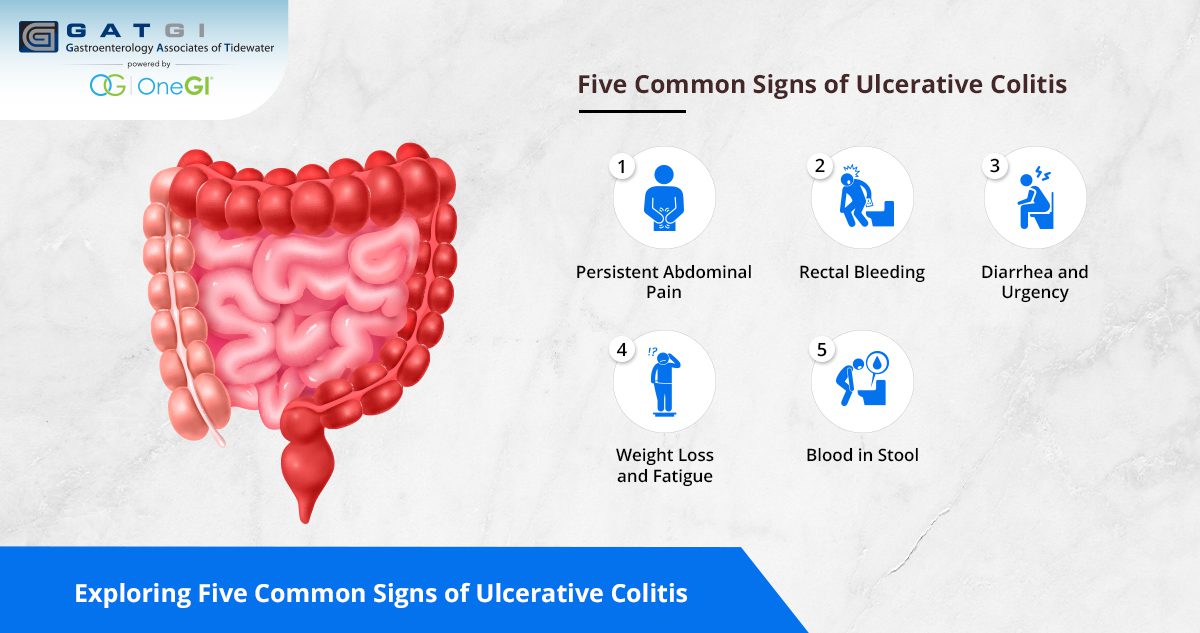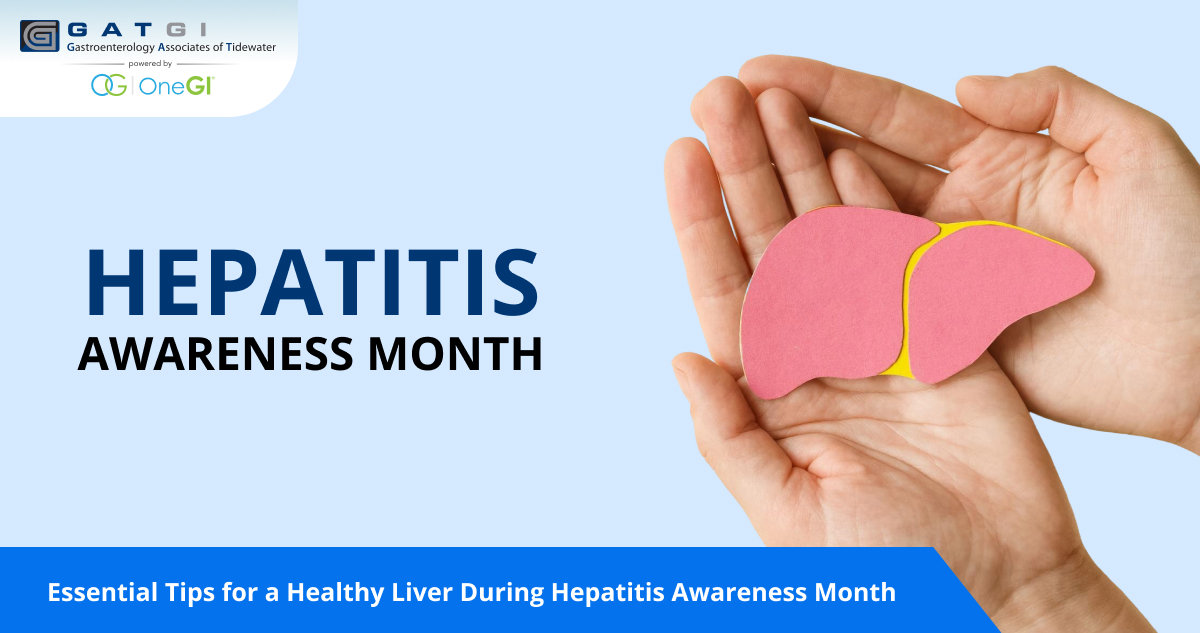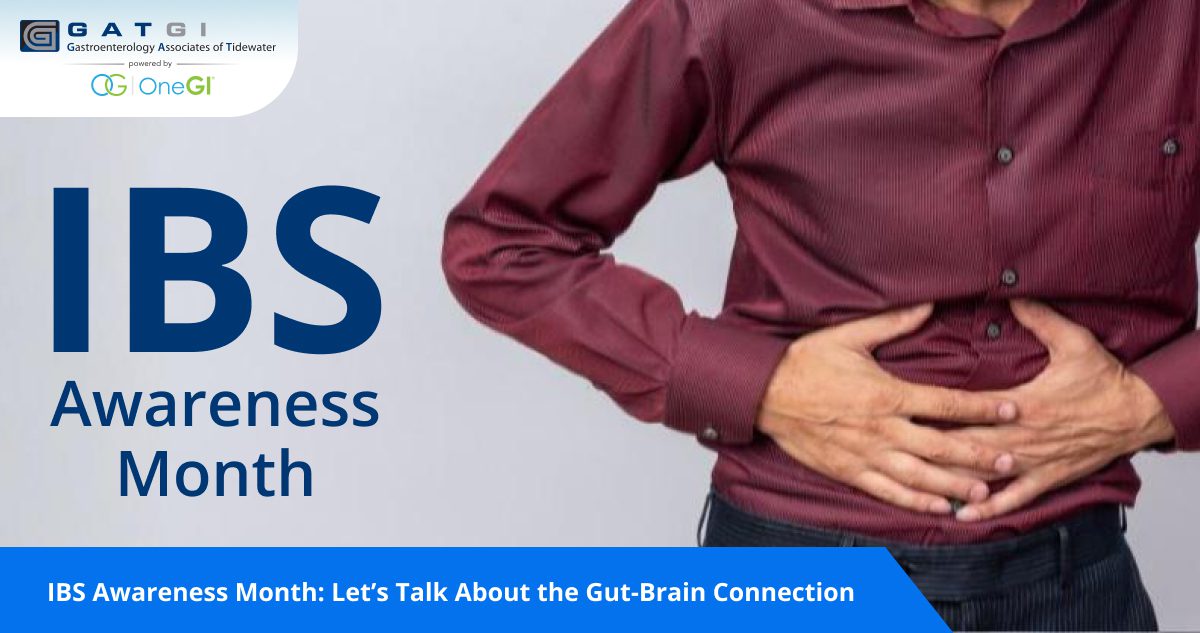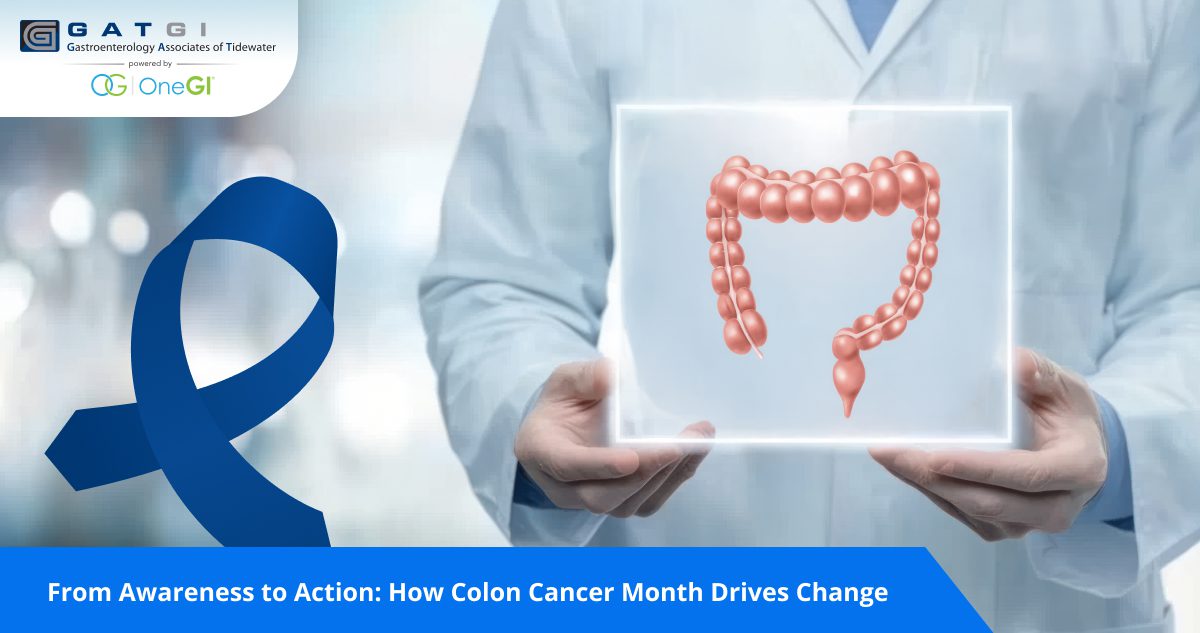Ulcerative colitis (UC) is a chronic inflammatory bowel disease, which, like Crohn’s disease, presents a unique set of challenges for those who suffer from it. Understanding the signs and symptoms is vital for early detection and management, ensuring individuals with digestive disorders receive the care they need. Here, we highlight five common indicators of UC that everyone should recognize, demystifying the process of identifying this complex disease.
Gastroenterologists play a pivotal role in diagnosing and managing ulcerative colitis, providing specialized care tailored to each patient’s condition. They perform various diagnostic tests such as colonoscopies and biopsies to accurately identify the presence and extent of inflammation within the colon. Following a diagnosis of ulcerative colitis, gastroenterologists develop a comprehensive treatment plan that may include medication, dietary recommendations, and, in severe cases, surgery. Doctors from Gastroenterology Associates of Tidewater monitor and adjust treatment protocols which are crucial for managing flare-ups and maintaining long-term remission.
Introduction: A Closer Look at Ulcerative Colitis
Digestive disorders are complex, but ulcerative colitis stands out for its disruptive nature. This disease, causing inflammation and ulcers in the large intestine and rectum, presents mild to severe symptoms over time, posing diagnostic challenges. Recognizing subtle signs of UC is crucial for early intervention and disease management, ensuring a better quality of life.
Sign 1: Persistent Abdominal Pain
One of the earliest and most persistent signs of ulcerative colitis is abdominal pain. This isn’t just the occasional ache after a big meal; it is a chronic, long-lasting discomfort that can range from dull pain to sharp, intense cramping. It often occurs in conjunction with times of flare-ups when the disease is particularly active. The location can be anywhere in the abdominal area but is often focused near the descending colon, which is on the left side of the abdomen.
Sign 2: Rectal Bleeding
Bleeding from the rectum is a hallmark sign of UC and is often the red flag that triggers a diagnosis. This symptom can present as blood in the stool, on toilet tissue, or in the toilet bowl after a bowel movement. While rectal bleeding can be alarming, it’s important to understand that it is a common symptom of UC and should not be ignored. If you notice any sign of rectal bleeding, it’s essential to discuss this with your healthcare provider immediately. Diagnosis and treatment can help manage this symptom effectively and work towards reducing its recurrence.
Sign 3: Diarrhea and Urgency
Frequent and urgent bathroom visits are another telltale sign of ulcerative colitis. The disease can cause your colon to rapidly empty its contents, leading to diarrhea. But this isn’t just any bout of loose stools; it is often accompanied by a sudden and overwhelming need to relieve yourself.
People living with ulcerative colitis often experience these episodes without much warning, which can lead to stress and anxiety. Speaking with a healthcare provider about strategies and medicines to control diarrhea and urgency can be life-changing for someone suffering from UC.
Sign 4: Weight Loss and Fatigue
Unintended weight loss and fatigue are common companions to the abdominal symptoms of UC. This happens because of reduced appetite caused by the pain and discomfort linked to the disease, along with the body’s higher energy usage due to persistent inflammation and frequent bowel movements during a flare-up.
Continual disease activity can drain a person’s energy rapidly. Fatigue in ulcerative colitis is challenging, disrupting daily life. Managing the disease, nutrition, and medical care can relieve these burdensome symptoms.
Sign 5: Blood in Stool
If you notice blood when you use the toilet, it can be an immediate cause for concern. For ulcerative colitis, the presence of blood in the stool is due to the disease’s characteristic inflammation, leading to the development of ulcers in the colon lining.
Blood in the stool can often present as bright red or maroon in color, which suggests that it’s coming from a location lower in your digestive tract, such as your colon or rectum, indicating a possible ulcerative colitis diagnosis. This symptom should never be ignored as it may also be a sign of other, potentially more severe, health issues.
The Power of Early Detection
Recognizing the signs of ulcerative colitis is the first step towards managing its impact on your life. Early diagnosis and intervention can significantly improve the course of the disease, reducing symptoms and helping to prevent potential complications. If you or someone you know is experiencing any of these symptoms, it’s essential to consult a gastroenterologist.
Experience relief and expert care for ulcerative colitis by reaching out to our dedicated team at Gastroenterology Associates of Tidewater. Our specialists are adept at diagnosing and effectively managing this condition. Don’t wait any longer to take control of your health. If you are experiencing ulcerative colitis symptoms and would like more information, request an appointment at our Virginia Beach or Chesapeake office. Schedule an appointment today by calling (757) 547-0798. Your journey towards wellness starts now.






